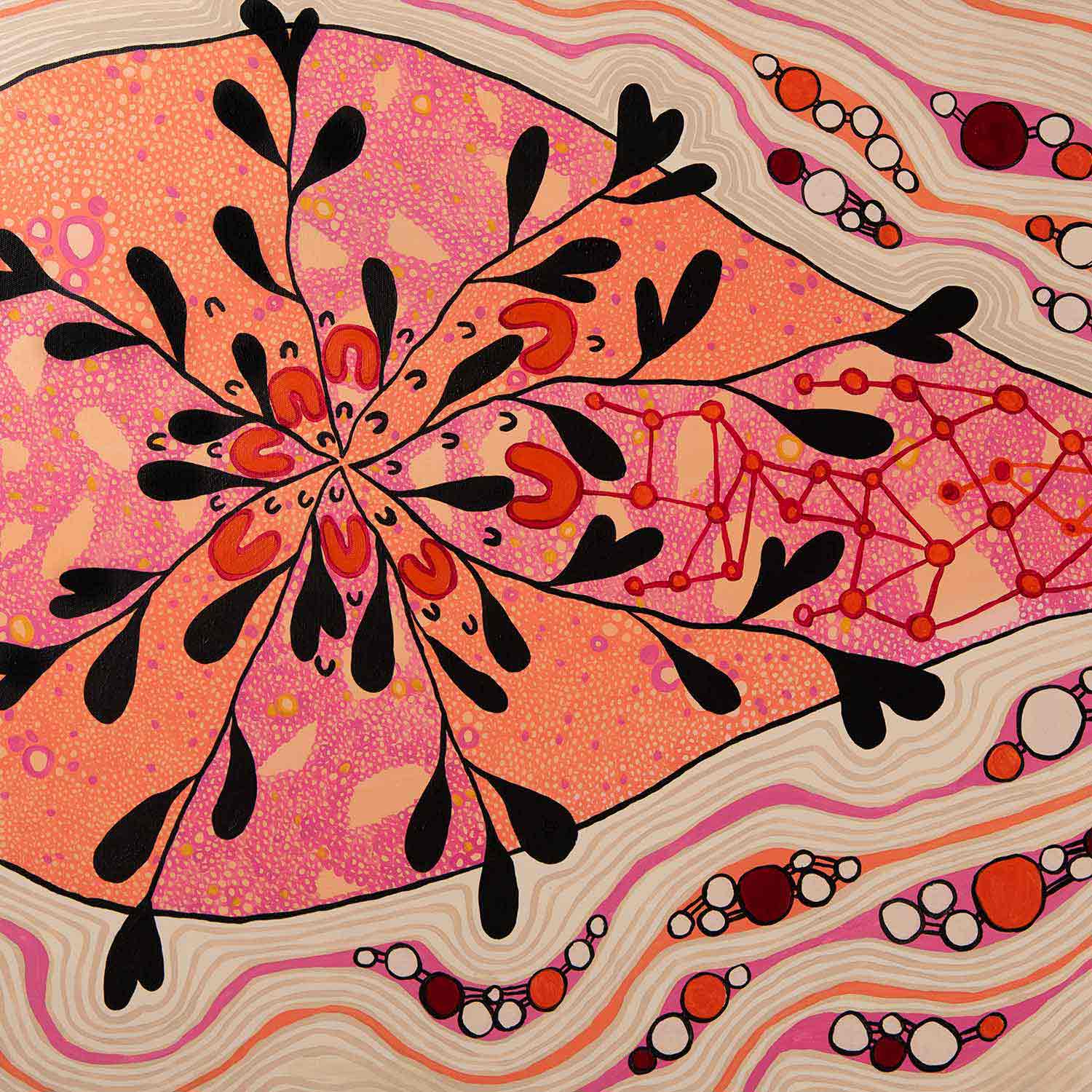Framework launched in commitment to Indigenous education and research
The University of Newcastle has unveiled a major piece in its longstanding commitment to Indigenous higher education, innovation and engagement with the launch of its Aboriginal and Torres Strait Islander Education and Research Framework, coinciding with national Close the Gap Day.
 Pro Vice-Chancellor, Indigenous Strategy and Leadership, Mr Nathan Towney said the Framework brought together the ambitious plans from across the University to improve the life outcomes of Aboriginal and Torres Strait Islander communities, students and staff.
Pro Vice-Chancellor, Indigenous Strategy and Leadership, Mr Nathan Towney said the Framework brought together the ambitious plans from across the University to improve the life outcomes of Aboriginal and Torres Strait Islander communities, students and staff.
“Cultural knowledge and understanding is at the centre of our Aboriginal and Torres Strait Islander Education and Research Framework. It guides every initiative, ensuring we are culturally responsive.
“Building on all our earlier work and achievements, we are focused on engaging the entire University community in the process of breathing life into the visions shared in this plan,” he said.
Mr Towney said the Framework placed Aboriginal and Torres Strait Islander students, staff and communities at its heart and would guide the University’s work over the coming years.
“We are determined to be a place where Aboriginal and Torres Strait Islander culture and knowledge is woven into each aspect of the University - our relationships with communities, the way we teach, learn and research and how we foster reconciliation in our regions.
“It’s my hope that all members of our University community can find their role in the work that lies ahead of us,” Mr Towney said.
The Framework will provide a roadmap for staff in planning, implementing and evaluating activities across the University.
“Aboriginal and Torres Strait Islander education and research are a whole of university commitment - it is everyone’s responsibility. It is how all of us, Indigenous and non-Indigenous, can learn, research and apply Aboriginal and Torres Strait Islander ways of knowing and being,” Mr Towney said.
Vice-Chancellor, Professor Alex Zelinsky, AO, said he was immensely proud of the University’s track record in Aboriginal and Torres Strait Islander education.
“Our Looking Ahead Strategic Plan 2020-2025 clearly spells out our commitment to Indigenous higher education, innovation and engagement,” Professor Zelinsky said.
“In 2025 we will be able to look back and applaud the success that our efforts, brought together in this Framework, have had in making our University more culturally capable, growing our Aboriginal and Torres Strait Islander student and staff population and leading reconciliation not just at the University, but across our regions.”
The Framework is interconnected with a number of University strategies and plans, its Aboriginal and Torres Strait Islander community, the higher education sector, and the broader community – and focuses on four pillars:
1. Cultural knowledge and understanding
“Aboriginal and Torres Strait Islander cultural knowledge and understanding is important to how we conduct teaching and learning, how we support students and staff, how we design and conduct research. Culture is important in how we lead reconciliation and how we collaborate with our partners to achieve reconciliation in our region and our spheres of influence. Culture is everywhere.”
2. Participation and retention
“The University of Newcastle has a whole-of-life approach to enhancing the participation of Aboriginal and Torres Strait Islander people in higher education.”
3. Research to influence change
“The University of Newcastle is committed to excellence in Aboriginal and Torres Strait Islander research. This means producing world-leading research into issues, topics and concepts that are guided by, and responsive to, Aboriginal and Torres Strait Islander communities.”
4. Engagement and community collaboration for reconciliation
“Our regions are home to the fastest growing population of Aboriginal and Torres Strait Islander peoples in Australia. Culture is strong and there is a thirst from non-Indigenous parts of our community to connect with, and learn from, Aboriginal and Torres Strait Islander peoples.”
Evaluating success
Aboriginal and Torres Strait Islander peoples in Australia have a long and complex history of being ‘studied’ and ‘evaluated’ by non-Indigenous people. The University is seeking to disrupt this paradigm.
“Self-determination is a key principle and is emphasised by the Aboriginal and Torres Strait Islander-led partnership structures at the University,” Mr Towney said.
“They will lead the measurement, monitoring and eventual evaluation of the success of this Framework. This Framework is ultimately for Aboriginal and Torres Strait Islander peoples - it is critical that they be the judge of its success.”
Related news
The University of Newcastle acknowledges the traditional custodians of the lands within our footprint areas: Awabakal, Darkinjung, Biripai, Worimi, Wonnarua, and Eora Nations. We also pay respect to the wisdom of our Elders past and present.